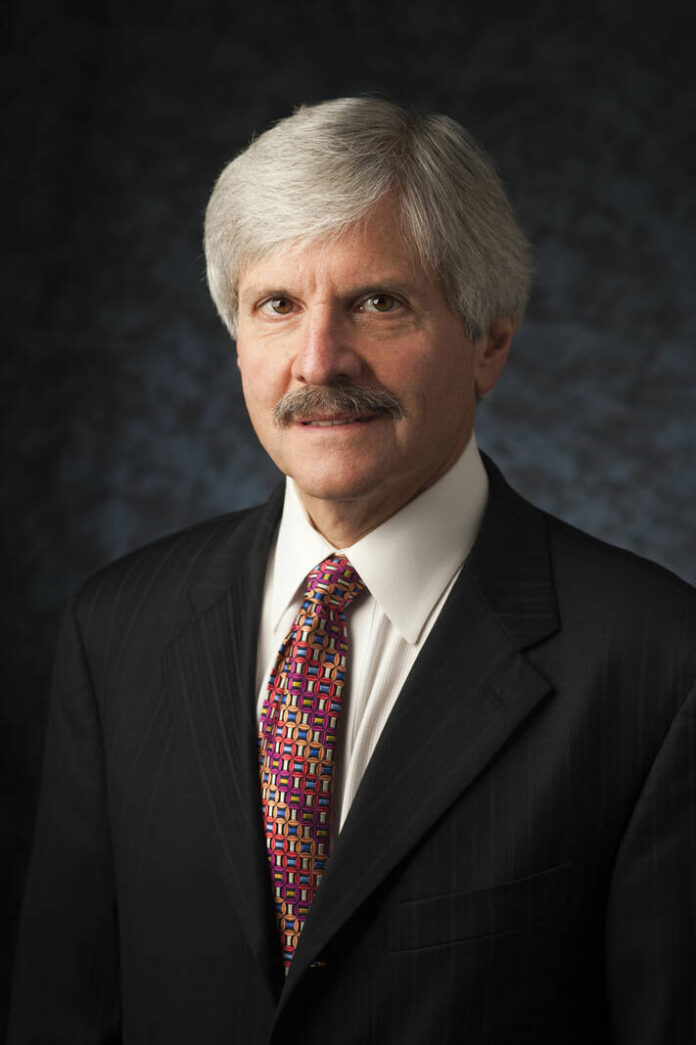Although marijuana has medical benefits, it is certainly not a harmless drug, especially for adolescents who can suffer long-term adverse consequences.
Despite negative health effects, acceptance of medical and recreational marijuana use is progressively gaining acceptance by policymakers, the medical community, and the public.
In a recent BK Strategies survey of Indiana voters, 64% favored regulated full legalization for both medicinal purposes and adult use (45% strongly). Even among Republicans, 52% favored full legalization. The majority of those opposed to recreational legalization supported legalization of medical marijuana.
Nationally, more than half of adults admit to at least trying marijuana. A Pew poll found that 68% of Americans believe that cannabis should be legalized for recreational use and 91% feel that it should be legal for either medical or recreational uses. National support for legalization of marijuana is also bipartisan – nearly 80 percent of Democrats and 55 percent of Republicans approve of legalization. And the younger the generation surveyed, approval of legalization progressively increases, foretelling what the future holds.
In studies conducted by WebMD, nearly 70% of physicians believed that medical marijuana should be legalized and 56% believed it should be fully legalized.
Although still federally illegal, medical cannabis is legal in 37 states and recreational use in 21 states and Washington, D.C. Marijuana is legal in the surrounding states of Illinois and Michigan.
Medical marijuana is legal in Ohio. Additionally, various states where marijuana remains illegal have decriminalized possession (infraction status) for personal use.
The conservative Republican-dominated Indiana legislature is not politically ready for any legalization of marijuana. But the issue is progressively gaining bipartisan momentum in Indiana as it is federally. The Indiana Democratic Party now officially endorses full legalization. A horde of bills have been filed by legislators from both parties seeking a regulatory structure, a more rational and equitable criminal justice response, economic benefits through business development and cannabis taxation, and providing constituents with marijuana’s therapeutic benefits.
Bills aimed at decriminalization are also likely.
From a broad public health perspective, marijuana-related convictions with their resulting marginalization and negative consequences are not justified from either a moral or cost-to-society standpoint. Decriminalization hasn’t resulted in increased use and is supported by multiple medical professional societies. If legalization is unfeasible, at least decriminalize marijuana.
Marijuana is certainly safer than alcohol and tobacco. It isn’t a narcotic like heroin or a hard drug like cocaine or methamphetamine. It should be legally treated accordingly. Marijuana isn’t a gateway drug any more than alcohol can be considered so. Its federal designation as a Schedule I controlled substance (like heroin) is indefensible and is a serious barrier to conducting research.
Products containing the weaker psychoactive THC, Delta 8 (rather than marijuana’s Delta 9), are legal in Indiana and most states. Keep it that way. Delta 8 is a safer, gentler alternative. Better to regulate it, and keep it secure from adolescents, mislabeling, and heavy metal and other contaminants.
Despite illegality, marijuana in Indiana is widely available. Legalized cannabis surrounds us. Legalize it; regulate it; tax it; protect it from illegal psychoactive additives and, like Delta 8, from contaminants; prohibit minor access and provide education. Limiting potency and legalizing only edibles (avoiding the toxicity of combustion) should be considerations.
Like alcohol with its untoward aspects, the public desires marijuana. Similar to ending Prohibition, legalization is inevitable. Public opinion drives public policy.
Dr. Richard Feldman is an Indianapolis family physician and the former state health commissioner. Send comments to [email protected].





